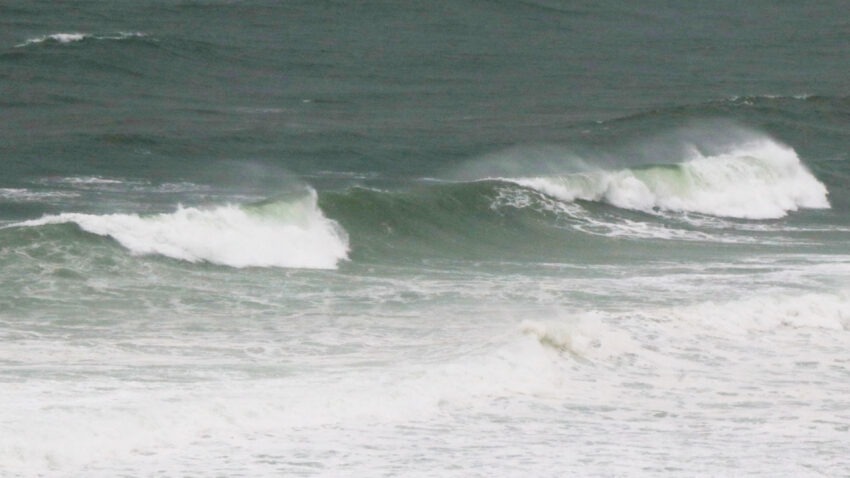
Surfers often stress the benefits of catching a wave early.
David Allee, owner of Almond Surfboard and Design, puts it this way:
“My personal experience surfing, as well as watching other surfers in the water, seems to continually reaffirm the fact that the ability to consistently catch waves early in their formation results in far greater overall success.”
It is often advantageous for entrepreneurs to also catch a market wave early.
Escape Rooms Come to America
Brothers Jonathan and James and their co-founder Mark caught an entrepreneurial wave early in the escape room craze when they launched their business, The Escape Game. Jonathan shared how they caught that wave in my forthcoming book, Entrepreneurial Voices:
The TripAdvisor wave carried us through the first launch. We didn’t start the business with a grand scheme to grow. We started the business thinking this is really unique. There is no analog. There are no national brands. There are no global brands. There is no company that has more than two of these in the world right now. That’s where the world was in this industry at the time. We said, “Let’s do one; let’s do it really well. Let’s see what becomes of it.” TripAdvisor really helped launch that first store. And then three months in we said, “This is going so well. We have to do more of these.”
As Jonathan rightly points out, being a first mover into a new market can have significant advantages. The advantages of catching a wave early include helping set the standard for the new market and building brand loyalty before others move in.
After about ten years of growth, with the help of an infusion from a private equity group, they now are in 37 locations in 18 states and the District of Columbia, serving more than seven million players since their launch in 2014.
The Perils of Catching Waves Early
There are also disadvantages to being a first mover into a market. Several disadvantages center around the business model. Early entrants often miss the mark on who the market actually is, what that market really wants, and how to connect with them. They can squander precious resources trying to pivot their business model to what it actually needs to be.
And even if they get the business model right, they may not be prepared for the challenges that rapid growth may throw their way! Growth is the most perilous time for an entrepreneurial venture. As my late father often said, “The single biggest cause of business failure is success.”
Or, as SurferToday points out:
“When it breaks, a huge wave can break bones, keep someone underwater for a long time, and even slam a surfer against the ocean floor.”
Fortunately, Jonathan and his co-founders navigated the perils of catching their entrepreneurial wave early. But not all first movers make it to shore unscathed.
